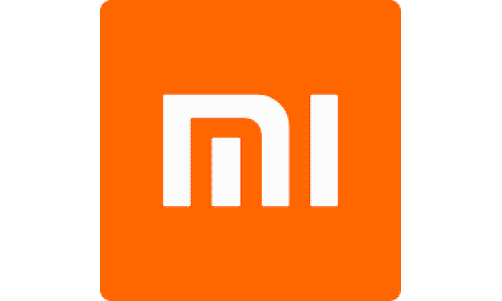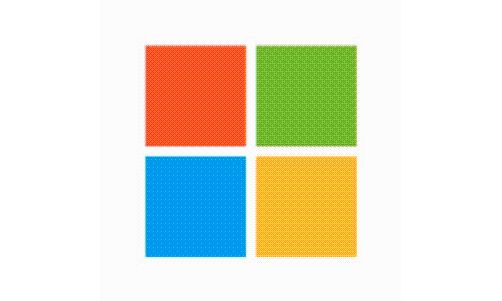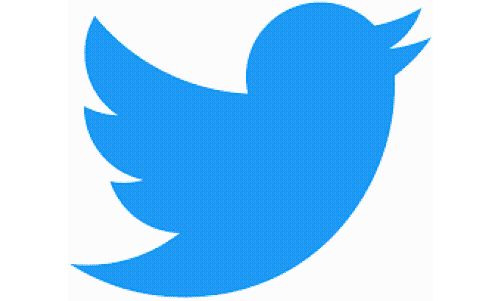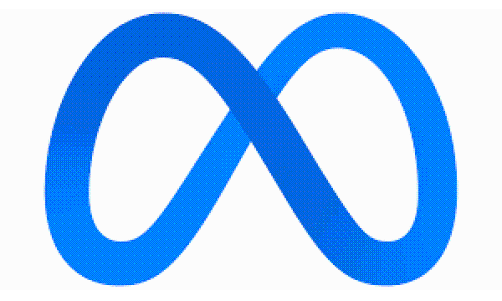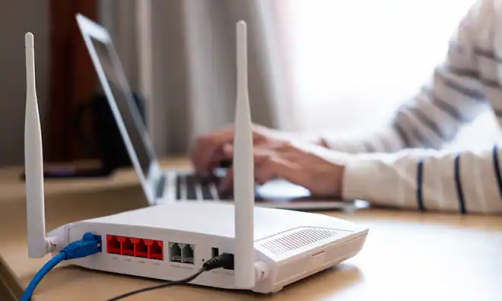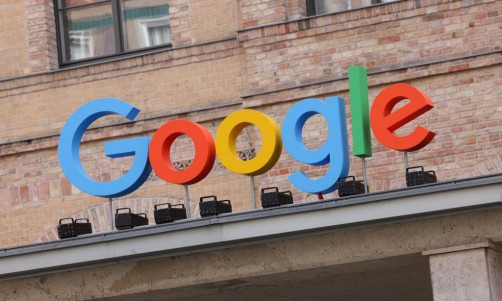New York City has filed a lawsuit against prominent social media platforms, accusing them of the uptick in mental health issues among its younger population.
According to the lawsuit, social media platforms like Facebook, Instagram, TikTok, Snapchat, and YouTube will have to pay the city $100 million each year for health programs and services.
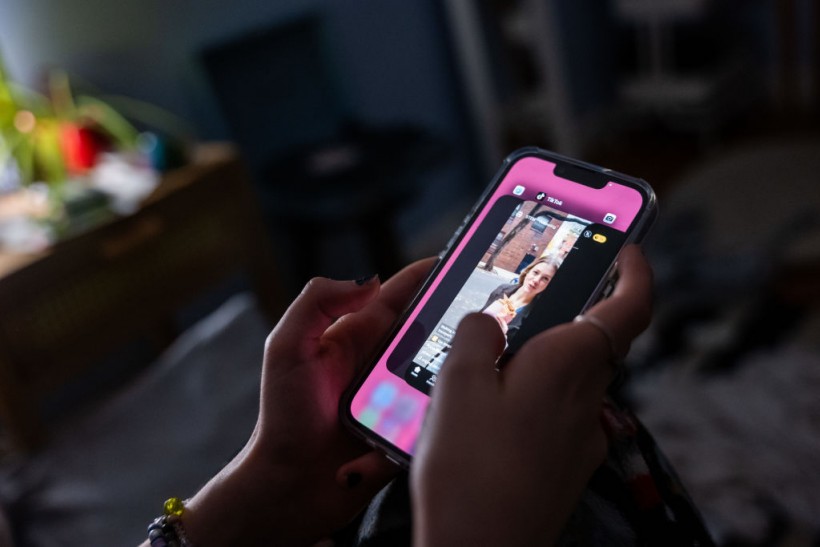
The million-dollar reparation comes from how the accused social media platforms impose a "large burden" on the city's institutions providing mental health services to the youth.
New York City Rolls Out Action Plan on Social Media Platforms
In turn, the city has proposed a three-part "Framework for Action" to make the platforms accountable, the "first major American city" to do so, per New York City Mayor Eric Adams.
The announcement of the litigation follows after New York City designated social media platforms as a "public health crisis hazard."
Adams, who proposed the designation, considers the current landscape of social media platforms as "dangerous" and "addictive" to the youth.
Also Read: Social Media Platforms Earned $11B in Ads from Underaged Users Last Year
Social Media Guardrails on Children's Mental Health Remains Lacking
Concerns for children's safety online has been a longstanding issue on social media platforms as
Several parent groups, organizations, and other municipalities have already filed lawsuits against the online sites in the past, demanding accountability for negligence and exploitation of its underaged users.
Just last month, the CEOs of the biggest social media platforms were called to Capitol Hill to answer the Senate inquiry on its safety measures for its
A common consensus among the companies was to impose better guardrails to assist parents and guardians, although some expressed support to the controversial Kids Online Safety Act.
Many younger generations have previously opposed the implementation of KOSA as it signals possible speech censorship among marginalized groups and activists.
Related Article: Big Techs Now Endorse Child Censorship Law on Social Media






